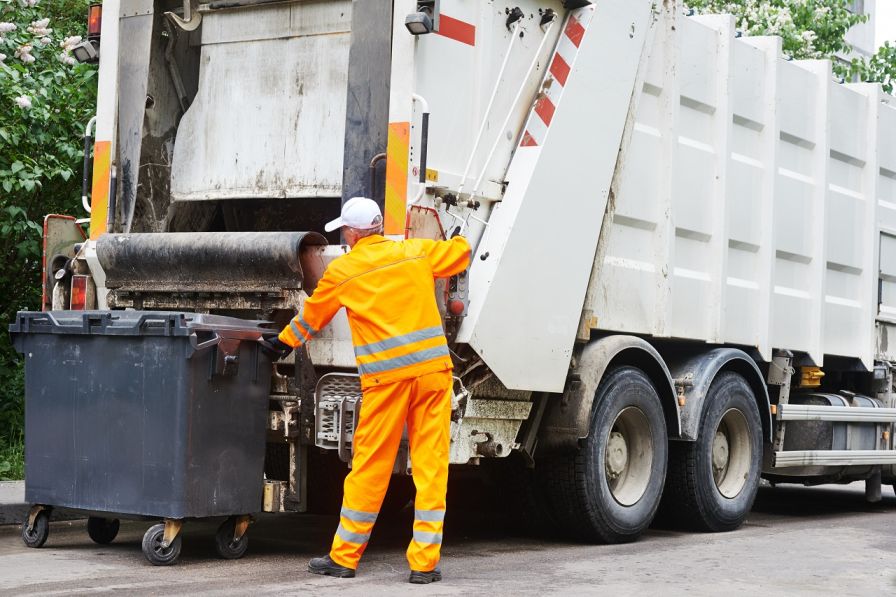OR
Express Checkout
We guarantee to have the lowest price! Find the same bin for a cheaper price and we will beat it!

Refuse collection might not be the most glamorous job, but it’s an essential one. If you assumed that bin collectors have it easy, think again. The job is a lot more than just tipping bins into the back of a lorry. And their jobs have become a whole lot harder in the face of local authority budget cuts, and they are in the firing line.

Here are just some of the problems that bin men have to face on a daily basis.
Bin collections may happen fairly early in the morning, but they nearly always coincide with the rush-hour traffic, which slows down collections. Doing the collections too early leads to complaints about the noise, so it’s a difficult balancing act.
Bin collectors can find some roads a nightmare to manoeuvre around in their vehicles, and they can have an excessive number of parked cars, or inaccessible commercial premises to deal with. This can lead to missed collections as crews have an allotted time to complete their rounds.
An average residential wheelie bin can safely hold 70kg of waste. Bin men regularly have to deal with bins that are filled with up to 200kg of waste. This means that the bottom of the bin is likely to give way, and it puts the handlers at risk of getting injured. The bins have wheels, but it’s still very difficult to manoeuvre such heavyweights, especially on difficult terrain. Plus, the refuse vehicle can only carry so much weight. If everyone overfills their bin, the vehicle has to be emptied, so some collections might happen later than planned or even not at all.
Many household bins contain glass and food waste even though there is provision made for recycling of these items. This causes problems when these items are mixed with general waste. This waste can make the bins a lot heavier, as it holds a lot of water. It can also contaminate dry waste and make it harder to sort. Glass can also end up being a hazard to the refuse collectors if it is sticking out of bin bags and a general safety hazard if it ends up dropping out of bins and bags onto the road when it is being collected.
Waste management budgets across the country have been slashed in recent years, as the central government told local authorities to find savings. Almost all local authorities in England have had to reduce the frequency of bin collections at the very least. Fewer collections do not mean less work for the bin men, however. Often their rounds will get larger and they are expected to do more work in the same amount of time.
Collecting rubbish is a bigger job than a lot of people think. There are problems involving logistics, health and safety, and time pressures, but the collections have to go on, regardless of these, and the crews carry on their fight to keep our local areas safe and clean.
It might actually be easier than you would expect, there are a much of positions available at the moment that have very few requirements. Proof of working in a small team is a good start, be prepared for a lot of walking and working in all weathers!
Glassdoor recently suggested that an average bin person's salary is just over £25,200! This can go up depending on experience, location and skills.
Indeed also advertised for a refuse collector position between £9.50 to £14.25 per hour! We found one position in Dunstable that even paid £19.00 per hour on Sundays, with no experience needed! So if you think you can cope with the cons, you might be able to start a new career!